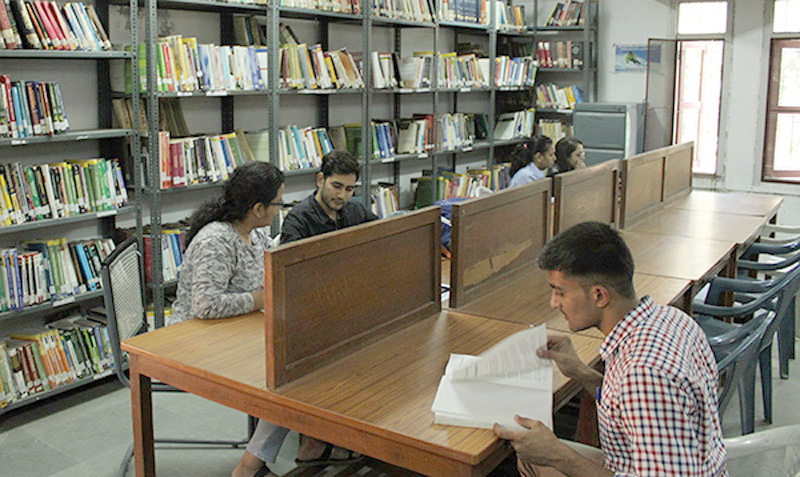Department of Business Intelligence offers short term courses of one year Post Graduate Diploma Programmes. The target of the programmes is those persons who want to increase their employability or improve their professional skills but did not have the opportunity to do so earlier in a formal manner. The focus of the programmes will be to impart the required knowledge and skills. These programmes will be conducted during the evening hours so that employed persons or students pursuing other programmes can also join without affecting their normal pursuits. In other words, even Post Graduate students pursuing other full timeprogrammes can also join any of these programmes

Introduction to Multivariate Statistical Techniques: -
Regression Analysis Overview of multiple linear regression analysis and its applications. Both ordinary regression
analysis and partial regression analysis, methods of testing significance of various regression
models
Principal Components Analysis: -
Overview of principal components analysis (PCA).
Relationship to multivariate normal distribution and to eigen structure of covariance or
correlation matrix and to SVD of original (mean centered or standardized) matrix of observations
by variables.
Exploratory Factor Analysis:-
Principal axis form of exploratory factor analysis (FA) and its relationship to PCA. computation
of factor scores as well as factor loadings,estimation of “communalities”.
Multidimensional ScalinG:
Metric and nonmetric models and methods of “two-way” multidimensional scaling (MDS).
Three-way MDS; Methods of multidimensional analysis of preferential choice (or other
“dominance”) data.
Cluster Analysis. hierarchical clustering, specifically single, complete and average linkage, Ward's method, and Kth nearest neighbor clustering, based on direct or derived measures of similarity or dissimilarity, and on K-means clustering for partitioning based on a standard objects by variables multivariate data matrix. .
Canonical Correlation:-
Canonical correlation analysis (CCA), methods of computing a set of ordered canonical
variates, the Kth set of variates constrained to be orthogonal to the first K-1 (in a certain sense
that will be defined)
Analysis of Variance, and generalizations. A review of standard analysis of variance (ANOVA), plus an introduction of ANCOVA (analysis of covariance), MANOVA (Multivariate ANOVA) and MANCOVA (Multivariate ANCOVA) multiple linear regression analysis, with “dummy” independent variables, while ANCOVA is a special case of partial regression analysis. Both MANOVA and MANCOVA as special cases of canonical correlation analysis.